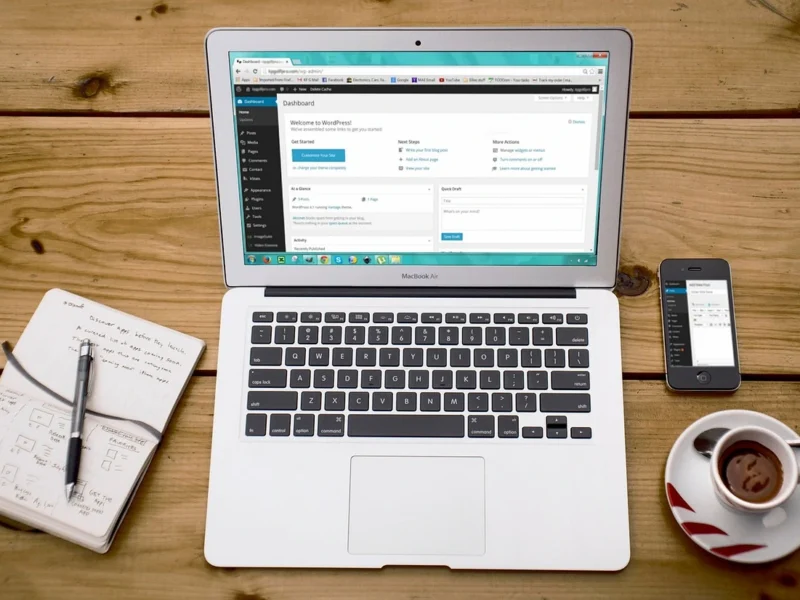Introduction
Starting a cleaning business is one of the smartest entrepreneurial moves you can make. It’s a recession-resistant industry with steady demand, low startup costs, and room for growth. But before diving in, there’s one thing you can’t overlook—licenses and permits. Proper licensing not only keeps you compliant but also builds trust with your clients.
Types of Cleaning Businesses
Residential Cleaning
Residential cleaning involves tidying up homes and apartments. Services range from basic dusting and mopping to deep cleaning tasks like carpet shampooing.
Commercial Cleaning
Commercial cleaning focuses on offices, retail stores, and other business premises. This often requires working after hours and handling specialized tasks like floor waxing or window cleaning.
Specialty Cleaning Services
Specialty cleaning includes niche services like post-construction cleanup, hazardous waste removal, or biohazard cleaning. These often require additional certifications and permits.
General Licenses and Permits
Business License
A general business license is typically the first step. This ensures your cleaning business is recognized legally by your city or state.
DBA (Doing Business As) Registration
If you’re operating under a name other than your own, you’ll need a DBA. It’s a simple way to register your trade name.
Employer Identification Number (EIN)
An EIN is required if you plan to hire employees or operate as a corporation. It’s like a Social Security number for your business.

Industry-Specific Licenses
Cleaning Service License
Some states or cities require a specific license for cleaning services. Check with your local government to confirm.
Environmental Permits (If Applicable)
If your cleaning business involves handling chemicals or waste, you may need environmental permits.
Insurance Requirements
General Liability Insurance
This covers accidents, property damage, and potential lawsuits, offering peace of mind for you and your clients.
Workers’ Compensation Insurance
If you have employees, this insurance is mandatory in most states to cover work-related injuries.
Zoning and Home-Based Business Permits
Zoning Laws Overview
Local zoning laws might restrict operating a business from your home, especially if clients or employees visit regularly.
Home Office Permit
If your cleaning business is home-based, you may need a home office permit to comply with local ordinances.
State-Specific Licensing Requirements
Licensing requirements vary significantly across states. For instance, California has stricter environmental regulations compared to other states, which might require additional permits for chemical use.
Federal Compliance
OSHA Standards for Cleaning Businesses
The Occupational Safety and Health Administration (OSHA) mandates safe practices, particularly if your business involves hazardous materials.
Tax Obligations
Ensure you’re registered for federal and state taxes to avoid penalties.
Specialized Cleaning Services and Their Licenses
Carpet and Upholstery Cleaning
Some states require additional certifications for operating specialized equipment.
Hazardous Waste Cleanup
Handling biohazards or hazardous waste demands federal and state certifications.
Steps to Obtain Necessary Licenses
- Research Your Local Requirements: Start with your city’s or state’s small business website.
- Application Process: Complete the necessary forms, either online or in person.
- Fees and Processing Times: Expect to pay fees ranging from $50 to $500, depending on the license.
Costs of Licensing and Permits
Budgeting is crucial. While a basic business license might cost $50, specialized permits can go up to $1,000 or more.
Importance of Renewing Licenses
Renewals are just as important as the initial licensing. Missing renewal deadlines can lead to fines or suspension of your business operations.
Tips for Staying Compliant
- Keep detailed records of all licenses and renewals.
- Regularly review state and federal regulations to ensure compliance.
Benefits of Proper Licensing
Building Trust with Clients
Clients are more likely to hire a licensed and insured business.
Avoiding Legal Troubles
Proper licensing shields you from hefty fines and legal action.
Conclusion
Starting a cleaning business can be highly rewarding, but it’s essential to get your licenses in order. Doing so keeps you compliant, builds trust with clients, and lays the foundation for a successful venture.
FAQs
- What happens if I operate without proper licenses?
You could face fines, lawsuits, and even business closure. - How long does it take to get a cleaning business license?
Processing times vary but typically range from a few days to several weeks. - Do I need a license for a home-based cleaning business?
Yes, you may need a home office permit and zoning approval. - Can I expand my cleaning business to another state easily?
Expansion requires obtaining licenses specific to the new state. - What is the cost range for getting all required licenses?
Costs vary but generally range from $50 to $1,500 depending on your location and services.


